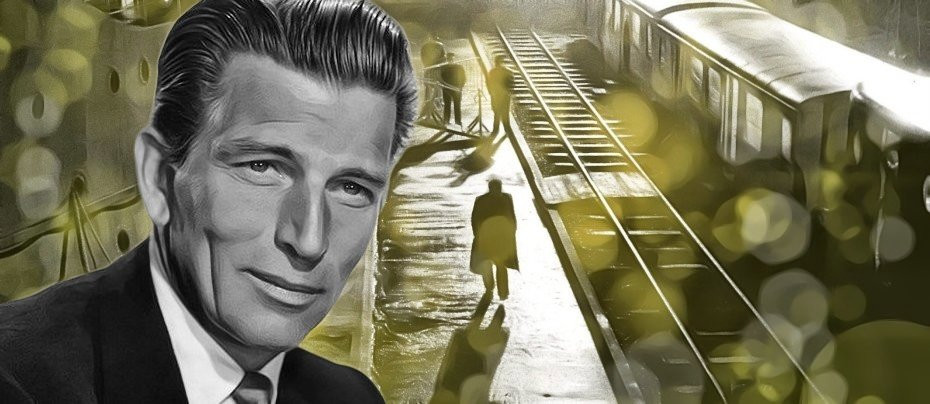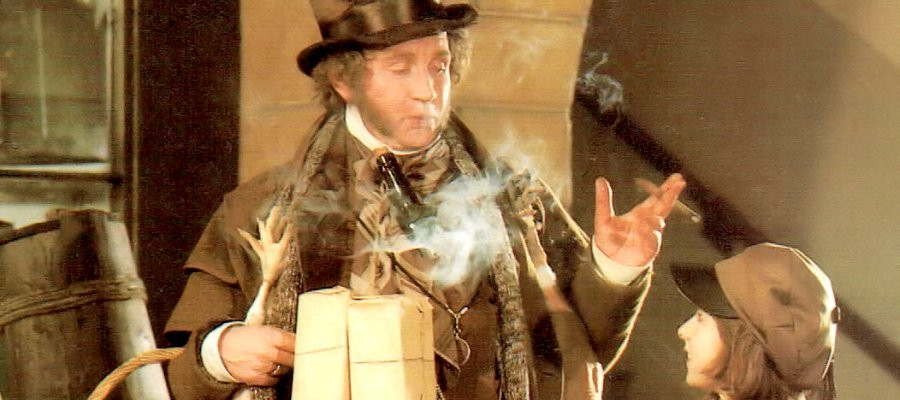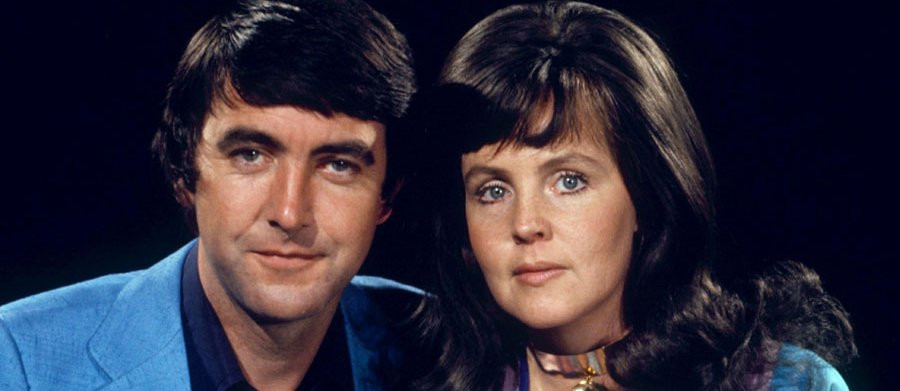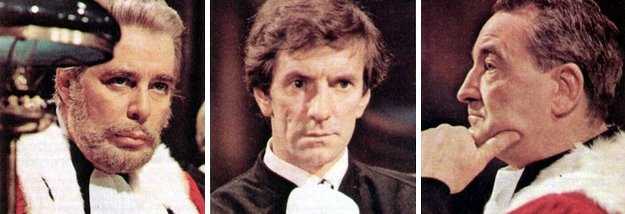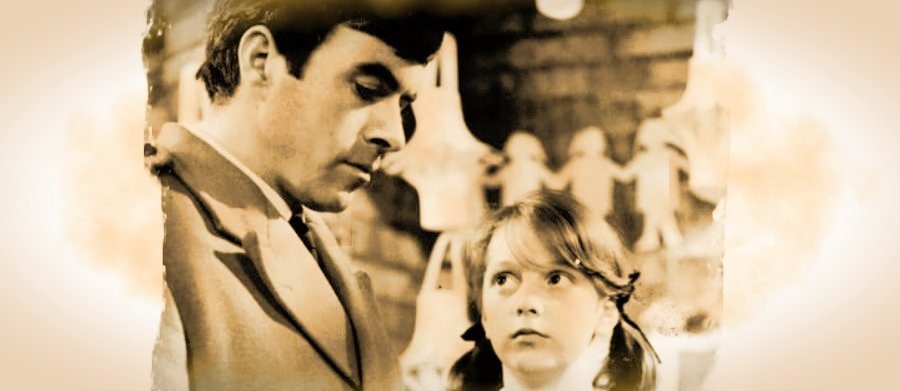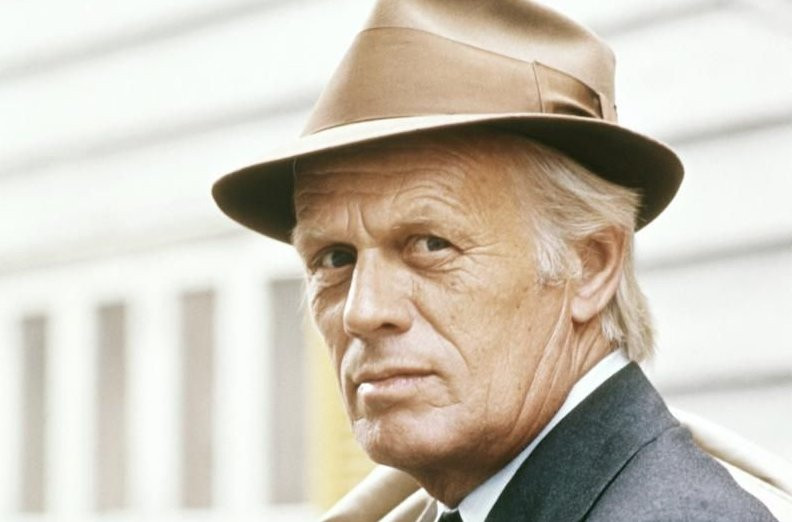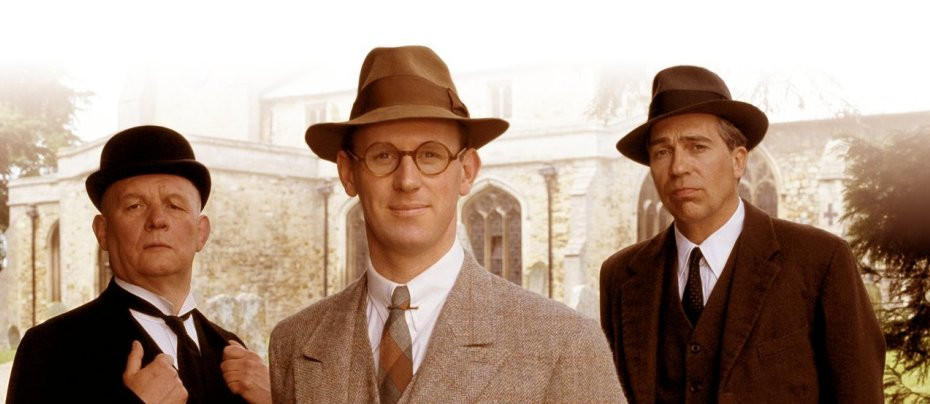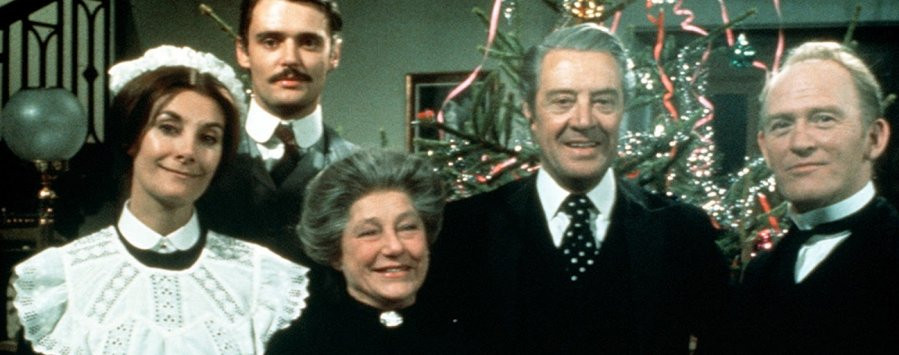
Upstairs, Downstairs
1970 - United KingdomYet another shining example in the long and distinguished tradition of British period drama, Upstairs, Downstairs is widely regarded as one of the crown jewels of UK television. Originally conceived as a light comedy vehicle for its co-creators, actresses Jean Marsh and Eileen Atkins, the series underwent a fortuitous transformation at the hands of seasoned producers John Hawkesworth and John Whitney. Wisely discarding the comedic overtones in favour of rich, character-driven drama, the premise was refocused and relocated to an Edwardian townhouse in London’s Belgravia—a move that would prove pivotal to its success.
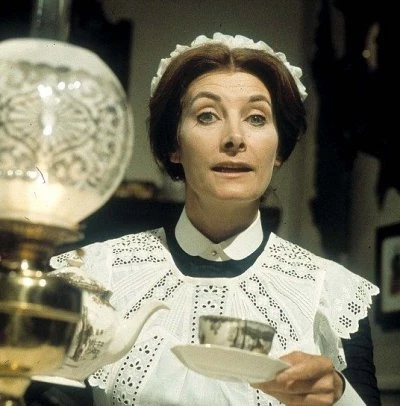
Produced by London Weekend Television, the series nearly fell victim to early misjudgement. A change in management led to the project being shelved for six months, only to be quietly given a late Sunday night slot at 10:15 pm. In what can only be described as a triumph of quality over circumstance, the programme defied expectations, rapidly gaining both a loyal audience and critical acclaim from the outset.
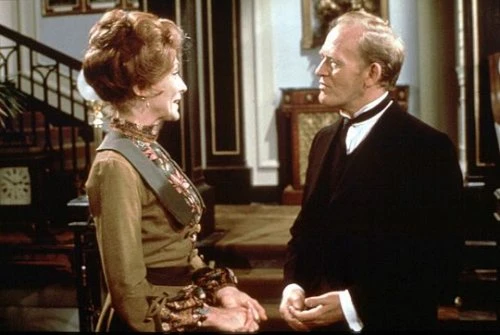
The strength of Upstairs, Downstairs lay not only in its superb writing and meticulous production design, but also in its outstanding cast. Gordon Jackson gave a masterclass in restraint and dignity as Hudson, the faithful and upright butler of the Bellamy household. Jean Marsh, in addition to her role behind the scenes, delivered a quietly powerful performance as Rose, the parlour maid with a deep moral centre. Meanwhile, Pauline Collins brought vibrancy and verve to the role of Sarah, a spirited and rebellious maid—originally intended for Eileen Atkins, who was unavailable due to stage commitments.
Lesley-Anne Down’s performance, from season four was widely praised, her role represented the younger generation of the British upper class, and her storylines reflected the social changes of the post-Edwardian era, especially during and after the First World War. As a result it helped launch Down into international stardom.
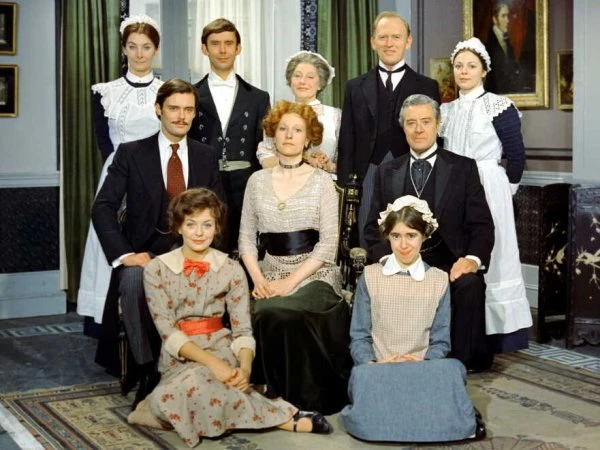
What truly elevated the series to classic status, however, was its ability to transcend the traditional tropes of period melodrama. While it certainly offered its share of romantic entanglements, personal tragedies, and drawing-room tensions, Upstairs, Downstairs distinguished itself through its thoughtful exploration of a vanishing world. The show depicted, with subtlety and insight, the unraveling of a rigid social order, as the long shadow of the Great War and the decline of Victorian values heralded the end of an era.
During its distinguished run, the series was recognised both at home and abroad, garnering an impressive array of awards including seven Emmys and a Golden Globe in the United States. Composer Alexander Faris was honoured with an Ivor Novello award for the elegant and evocative theme, The Edwardians, which perfectly captured the tone and tenor of the programme.
A global phenomenon, Upstairs, Downstairs was broadcast in over 70 countries and viewed by a cumulative audience exceeding one billion. Its popularity even led to a spin-off series, Thomas and Sarah, starring Pauline Collins and her real-life husband, John Alderton.
Elegant, intelligent, and deeply humane, Upstairs, Downstairs remains a landmark in British television—an eloquent portrayal of a bygone age, and a reminder of the power of quality drama to resonate across cultures and generations.
Seen this show? How do you rate it?
Seen this show? How do you rate it?
Published on February 10th, 2019. Written by Malcolm Alexander (2025) for Television Heaven.


